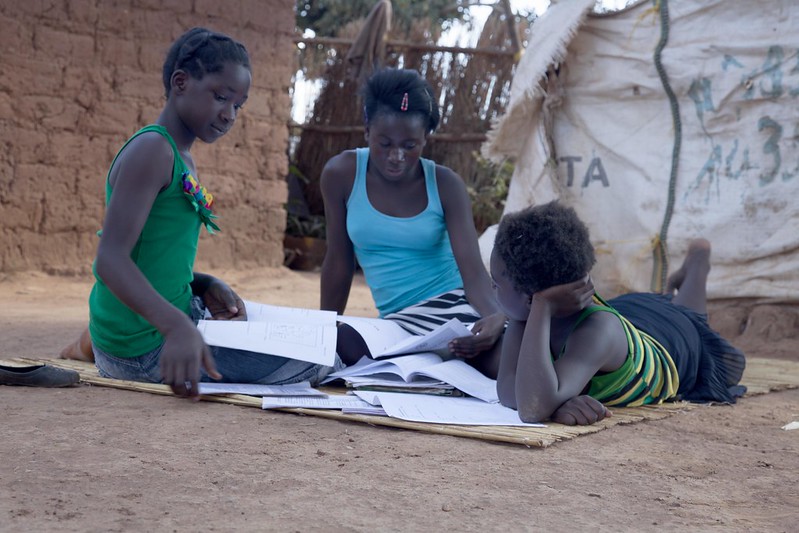Everything To Know About Period Poverty In Zambia

The Republic of Zambia is a landlocked nation located in Southern Africa. More than 60% of the population lives below the poverty line, with 40% living in extreme poverty. This makes it very difficult to afford basic health necessities such as menstruation products. Here is everything to know about period poverty in Zambia.
Period Poverty
Period poverty is defined by the lack of access to menstrual products, hygiene facilities, waste management and education. Limited access to safe, high-quality menstruation products is an issue that many people who menstruate and are living below the poverty line face around the world. Users must often purchase period supplies in bulk or frequently which can lead to users being economically vulnerable and unable to afford other necessities. This leads to choices that no menstruating person should have to make on whether they can afford to purchase period products or if they will have to forgo them for another essential item.
A Human Rights Issue
Globally, people lack access to education, resources and facilities to manage their periods safely and with decency. Oftentimes, this can cause people who menstruate to miss work or school which can have long-lasting educational and economic consequences down the line. Period poverty is an issue of human rights. Human rights are rights that every human being has an entitlement to by virtue of their dignity. With this, menstruation is inherently related to human dignity. When people cannot access safe and effective means for managing their menstruation, they are not able to menstruate with dignity. As a result, period poverty is a violation of the human rights of those who menstruate.
Period Poverty in Zambia
Period poverty in Zambia has become an increasing issue that too many across the nation have felt. Unhygienic menstrual materials can cause major health issues and often schools, especially in rural Zambia lack adequate facilities for one to practice menstrual hygiene. As a result of this, many have to manage their menstruation in unsanitary ways. In some instances, people have even reported sitting on sand piles during their menses.
Period poverty in Zambia, however, goes beyond just health but also can have negative consequences on one’s education, gender equality and productivity. If a student misses enough days of school as a result of their period, this can lead to them falling behind and potentially dropping out. An Educational Statistical Bulletin found that the percentage of girls between grades one to nine that dropped out was an estimated 2.7%, whereas boys in those grades made up 1.88%. This gap has an association with ineffective menstrual management and the stigma people who menstruate face surrounding menstruation. It also shows the potential for increasing gender inequality as boys are staying in school longer. As a result, they will have access to more education and economic opportunities in the future. Reusable pads, although a potential solution to frequently purchasing menstrual hygiene products are often not affordable to those who need them most.
Some Good News
In recent years, there has been an increase in nonprofit organizations, such as the African Education Program, that are working to provide people who menstruate with resources and period products. The African Education Program was born out of a highschool cafeteria in 2002 in the United States and since its founding has had a strong focus on menstrual health. Today, more than 700 children in Zambia take advantage of their programs and they have created the Amos Youth Center in Kafue, Zambia. The purpose of this Center is to provide a safe, creative educational space for students.
One campaign from the African Education Program called “Reuse, Rise, Rejoice,” is working to ensure that all people who experience periods have access to hygiene products. It raised money to provide 200 girls in Zambia with an individual at-home menstrual health visit, a pack of five reusable pads, and a menstrual cup in 2020. The Program continues today to raise money to provide girls in Zambia with these menstrual resources.
The Zambian Government has also stepped in to help combat the issue of period poverty in Zambia. In 2016, the government pledged to allocate more funds to ensure that menstruation does not limit Zambians’ ability to go to school. However, external sources are still vital in helping end period poverty in Zambia.
While much progress is still necessary to achieve a full and equitable end to period poverty in Zambia, groups like the African Education Program offer hope for the future. A future in which the right to menstruate is a universally recognized human right and all those who menstruate can do so with dignity.
– Emma Cook
Photo: Flickr
